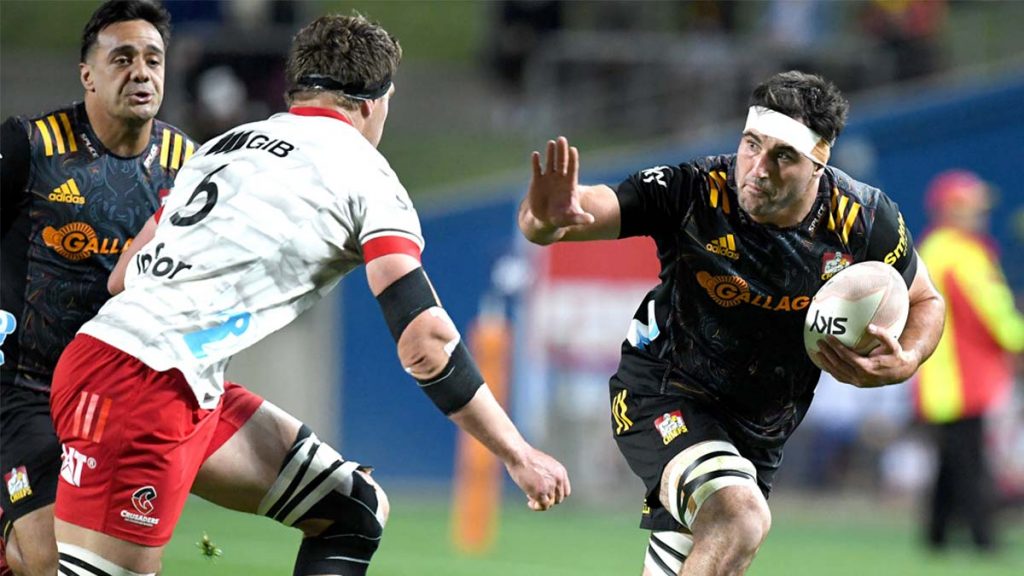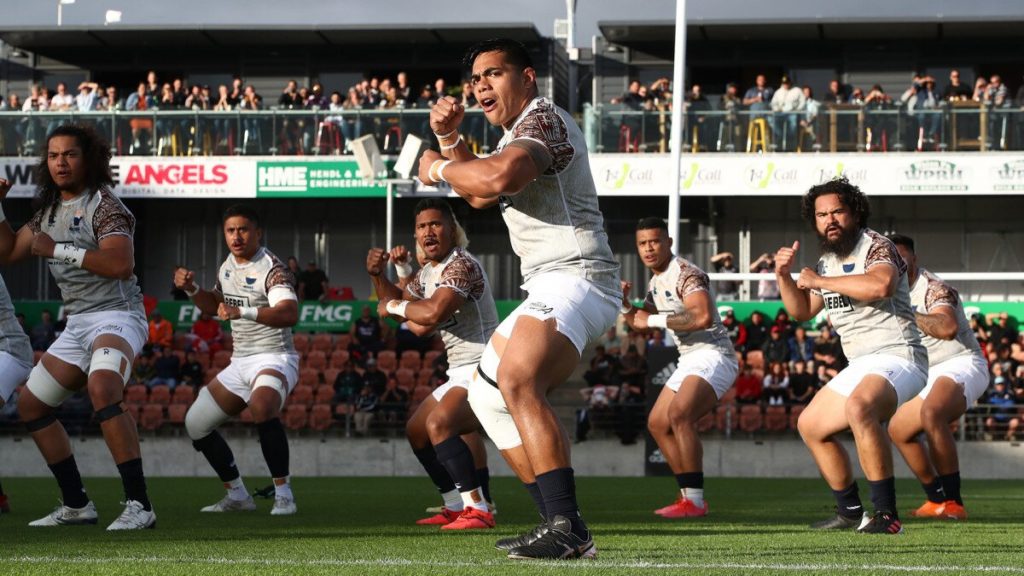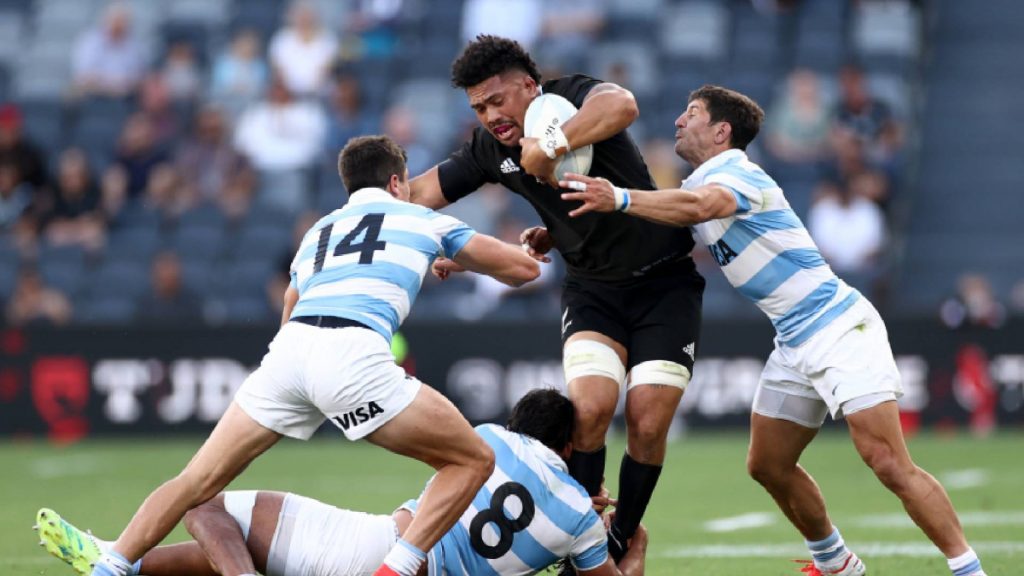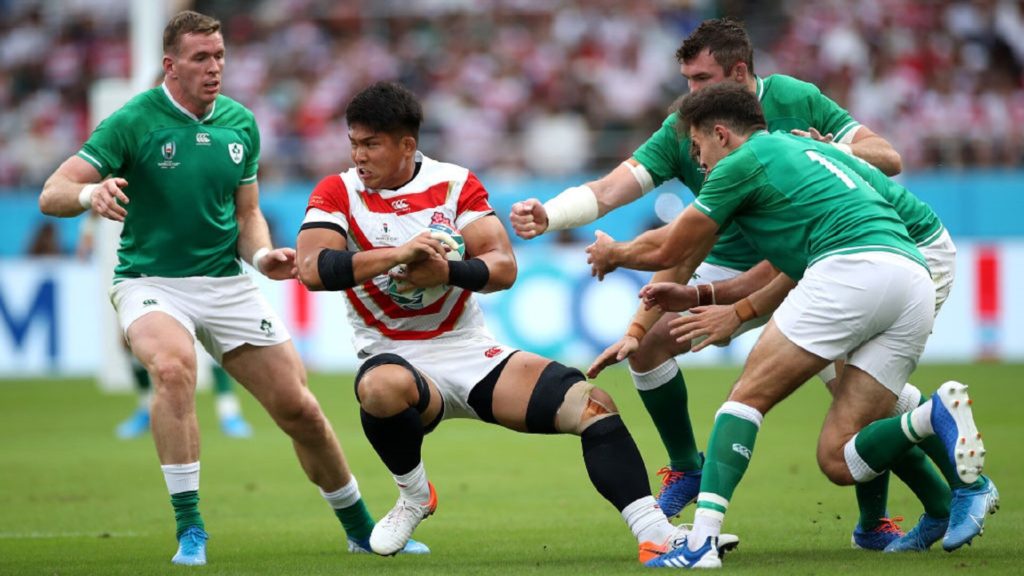Trans-Tasman relations are being tested again. Whenever there has been escalating tension between the respective national rugby unions of New Zealand and Australia, it hasn’t ended well.
Once again, the source of tension is Super Rugby. This is nothing new. Super Rugby has regularly been a catalyst for fighting between the Sanzaar partners. It’s a story as old as the professional age.
That it is once again the cause of New Zealand and Australia clunking heads, is, however, something of a surprise because late last year, both parties were finally on the same page.
There was agreement reached that Super Rugby should be rebuilt in 2022 as a 12-team round-robin format. Both countries agreed that made most sense and they even reached provisional agreement about how they would split their income given the discrepancies in the values of their respective broadcast deals.
There was genuine relief among New Zealand’s five Super Rugby teams as this is exactly what they wanted.

Multiple birds were being killed with this one stone – as players and coaches in New Zealand wanted to include, and be able to play, all five Australian teams and see Moana Pasifika and Fiji Drua introduced. They wanted a less convoluted format and a shorter competition with less travel.
A 12-team, Trans-Tasman-Pasifika competition ticked every box and from November last year to just a few weeks ago, there was an air of contentment, excitement even that after just about killing Super Rugby with bad expansion plans, convoluted conference systems and play-off rules, common sense was about to prevail.
That was until Rugby Australia had a change of heart – something which happened after they saw how Australians reacted to seeing their teams being thumped by the New Zealanders in Super Rugby Trans-Tasman.
Australian rugby followers switched on to watch their own teams play each other and then switched off when the New Zealand teams got involved and hence there was a change of thinking at Rugby Australia.
Trans-Tasman currently feels pretty imbalanced. We’re not changing our five teams so we need to work out an equitable attribution to running the competition.
Rugby Australia Chairman Hamish McLennan
They wanted to re-assess the format and the revenue split and to discuss a potential conference system which would see Moana Pasifika join the New Zealand side of the draw and Fijian Drua come in with the Australians. Effectively, what they want is a cross-border competition but one that comes with greater provision for Australian teams to play Australian teams.
“Trans-Tasman currently feels pretty imbalanced,” RA chairman Hamish McLennan said. “We’re not changing our five teams so we need to work out an equitable attribution to running the competition. New Zealand’s [TV] ratings went up during Trans-Tasman, whilst ours went down.
“We’re not quite sure yet of the best Trans-Tasman model for next year and beyond. Whilst we got towelled, it was probably the best learning we’ve had in terms of understanding what we need to do. Bravo to New Zealand.”
The question now is whether and then how this stand-off can be resolved. New Zealand don’t want to be dragged back to the negotiating table.
The last two seasons of playing so many domestic derbies has taken a toll. Many players have said openly they have enjoyed it but don’t want that to be the long-term future for Super Rugby.

If the balance isn’t right, NZR know that the trickle of players currently leaving for Japan will quickly become a torrent and the national body also don’t want to give up a greater share of their income.
New Zealand is in a strong financial position having negotiated what sources say is an extraordinarily good deal with Sky TV – reportedly worth about $400m over five years, whereas Australia’s agreement with Stan is thought to be worth significantly less.
New Zealand, it would seem, have all the leverage, especially after they so quickly and easily agreed to a late change in scheduling for this year’s Rugby Championship.
When the New Zealand Government announced the travel bubble to Australia would close for eight weeks on July 23, it threw the Championship into chaos.
New Zealand were the selfless party on this occasion – agreeing to switch their two tests against the Pumas to Australia. That means the All Blacks will travel to Perth to play what will now be the third Bledisloe Cup test on August 21 and remain in Australia for at least another four weeks to play the Pumas.
Everything was predicated on the bubble being open as both Argentina and South Africa plan to quarantine in Australia under the more relaxed protocols and then travel to New Zealand.
A salvage plan could only work if it was immediately agreed and if one or more of the four nations were willing to make a sacrifice.
New Zealand were the selfless party on this occasion – agreeing to switch their two tests against the Pumas to Australia. That means the All Blacks will travel to Perth to play what will now be the third Bledisloe Cup test on August 21 and remain in Australia for at least another four weeks to play the Pumas twice and to wait for the travel bubble to re-open.
It’s a big sacrifice for the All Blacks to make because they were looking at playing nine home tests this year and spending 11 of the next 12 weeks in New Zealand.
Now, they are going to play seven home tests but spend only five of the next 12 weeks in New Zealand.
And that’s all based on the assumption that the travel bubble opens after eight weeks – which is not by any means guaranteed given Covid infection rates in New South Wales.

So New Zealand can argue they have bought an awful lot of goodwill by agreeing to forfeit home All Blacks tests and stick it out in Australia. And in return, they can ask Australia now to replicate that selfless gesture and agree to a 12-team, round-robin format in Super Rugby next year.
But few will be holding their breath waiting for Australia to concede. There is history here. A long one, that doesn’t paint either nation in a particularly flattering light. New Zealand and Australia have a rivalry that extends well beyond the field and administrative bust-ups have been frequent over the years and have delivered outcomes that don’t typically make sense.
Their most famous spat was over the 2003 World Cup co-hosting rights, which ended with Australia becoming the sole host of that tournament.
They had another moment of serious tension in November 2005 when Australia voted for Japan and not New Zealand to host the 2011 World Cup.
It will mean a lot to [New Zealand], but the foremost thinking in our mind was the global growth of the game. I think in the short-term, obviously an opportunity’s been missed.
Former RA boss Gary Flowers
New Zealand thought they had the support of their old foe, but it turned out they didn’t, with Rugby Australia boss at that time, Gary Flowers, saying: “I’ve got no doubt New Zealand will put on a first-rate World Cup.
“It will mean a lot to their country, but the foremost thinking in our mind was the global growth of the game.
“I think in the short-term, obviously an opportunity’s been missed but the fact Japan polled so strongly, it’s given them a good impetus in the future.”
In 2006 NZR and Rugby Australia had an elongated fight over when specifically to play the third Bledisloe Cup test. New Zealand, who had to play the Springboks seven days later in Pretoria, wanted to kick-off that final test against the Wallabies in Auckland at 2.30pm.
The All Blacks had to catch a 6am flight to Sydney the following morning to connect to Johannesburg and hence wanted the earlier kick-off so their players could fit in some sleep.

That time didn’t suit the Australian broadcast market so a compromise of 5.30 pm was reached – doing little to help the All Blacks get much sleep or the Wallabies attract much of a broadcast audience.
In 2016 there was a whole world of nastiness after the All Blacks found a listening device in the hotel in which they were staying in Sydney ahead of the first Bledisloe Cup test that year.
The incident happened in August but after losing the third Bledisloe in Auckland in October that year, Wallabies coach Michael Cheika said: “I would say they caught me a bit offside with the accusation that we tried to bug them,” when asked whether the Wallabies’ relationship with the All Blacks had turned nasty.
“Really? Hello? Honestly? They had that the whole week. That showed a lack of respect. I wouldn’t be smart enough to get that sort of stuff organised. I am too busy working on my own thing.”
There is respect there, but I think the relationship is probably at the lowest ebb it’s ever been at.
Hamish McLennan on the current state of the trans-Tasman relationship
After an extensive police investigation there was a court case 12 months later, in which the All Blacks’ head of security stood trial – accused of planting it himself.
In 2017 Australia felt they were bullied by New Zealand into axing one of their Super Rugby teams – which turned out to be the Western Force and then last year, they certainly felt attacked when NZR unilaterally disbanded Super Rugby.
What hurt more was the arrogant way NZR told RA they could bid to be included, but they would only be getting three teams in the new competition.
Trust between the two nations is low, with McLennan saying last year: “There is respect there, but I think the relationship is probably at the lowest ebb it’s ever been at. I will try my hardest to fix that over time.”
Something needs to give in the next month so planning can begin for Super Rugby 2022. The relationship might not withstand yet more stormy turbulence and Super Rugby definitely can’t withstand any more compromised formats.


Comments
Join free and tell us what you really think!
Sign up for free